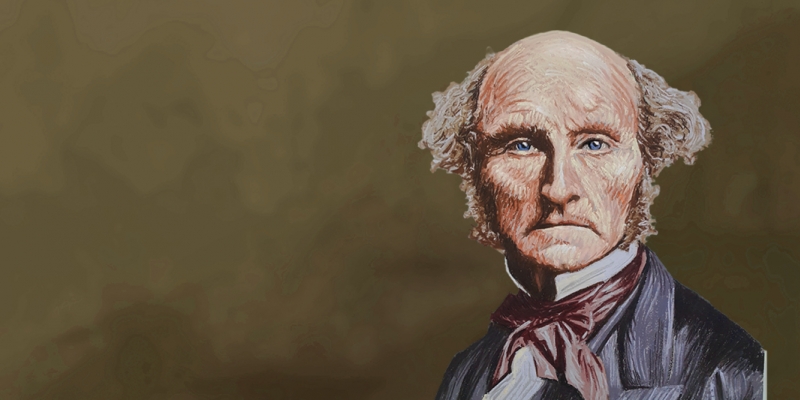Mill’s Harm Principle: A Study in the Application of On Liberty

English philosopher and political economist John Stuart Mill argued that people learn by choosing: this is how they become creative and productive individuals. For this reason, and because he felt that individuals are typically the most capable people to make their own choices, Mill was highly skeptical of restrictions on choice placed by a third party, such as the state. While the cases Mill uses in On Liberty clearly pertain to nineteenth century concerns and thus seem dated, his blueprint for how we think about and possibly intervene over potential harms nevertheless sheds light on contemporary issues, such as: gun control, free speech, and even mandates during the COVID-19 pandemic.
Many of Mill’s suggestions form the basis for accepted measures of today’s public policy. For example, he emphasized the provision of information, record keeping, warnings, and, when interference seemed justified, limitations on the providers of the good rather than the purchasers of it. Rarely was a good to be entirely off limits. When it came to the question of whether the State was to play a more active role in helping (or nudging) people to make good choices, Mill remained a skeptic. He provided three reasons for his skepticism. First, the person who makes a choice is typically the most capable of doing so, in his view, and a third party would frequently get things wrong. Second, people learn nothing when the State steps in to do the thing and, as noted at the outset, Mill was a firm believer in learning by choosing and doing. Third, ever the skeptic about social control, Mill worried about adding to the power of those already in authority.


